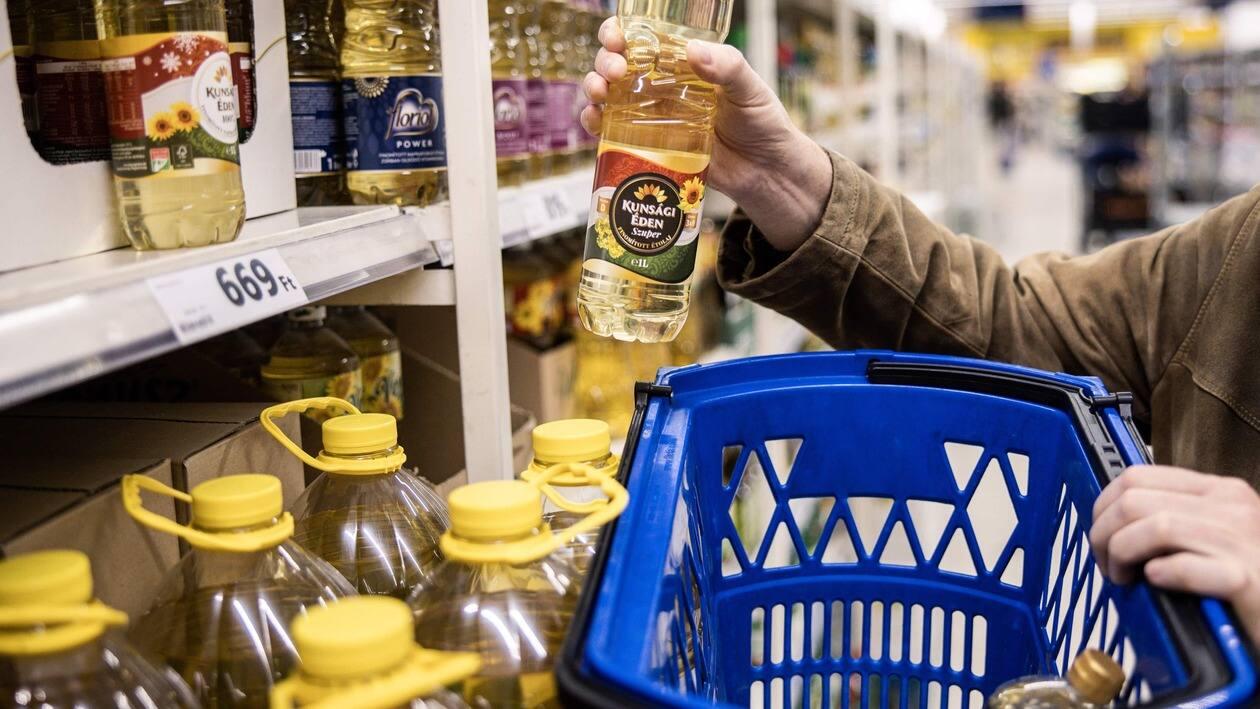Global brokerage firm BofA Securities believes environmental concerns are intersecting with social issues and food security is becoming an ESG (environmental, social, and governance) issue given current geopolitics and climate change risks.
"ESG increasingly sees environmental concerns intersecting with social issues. As a case in point, food security becomes even more urgent when considered against the backdrop of a warming world," said BofA Global Research in a note.
"Lack of food security can lead to higher prices, acute shortages, and ultimately social unrest. The invasion of Ukraine will likely disrupt already tight agricultural markets as Russia and Ukraine are responsible for about 25 percent of the world's wheat exports, 65 percent of sunflower oil exports, 20 percent of barley and 18 percent of corn," the brokerage firm said.
BofA Sec said food price shocks hit lower-income countries the hardest. "Rising cost of living will hit a global retail sector eager to rebuild after covid, with effects stretching to food wholesale, beverages, hospitality, and gaming. Paper and packaging may also feel the impact of falling wholesale and retail demand. Second order effects could be seen in telecoms and media due to rising wage pressure," it said.
Sanctions on Russia and Belarus and the war in Ukraine will likely reduce global fertiliser availability: together, the three account for cabout 38 percent, 11 percent and 7 percent of global potash, ammonia, and phosphate supply, respectively, and nearly 19 percent, 24 percent and 11 percent of global exports. Grain market disruptions risk food shortages, especially if planting is disrupted and ports stay shut, BofA Securities said.
The brokerage firm underscored that the food system generates over a third of greenhouse gases! By 2050, the world will have to feed up to 10bn people, more nutritiously and with far lower emissions. Challenges today include near-term food supply chain dislocations. Further out, climate change, loss of farmland, loss of habitats, freshwater depletion and pollution, and poverty weigh on prospects.
Advance planning, budgeting and government policies are key to food security, social development and overall poverty reduction. BofA's recommendations include lowering the cost of a healthy diet, scaling up climate resilience in food systems, tackling poverty and structural inequalities, and changing consumer behavior.
"Today, fewer than 15 crop types and five livestock species provide about 80 percent of our global food supply - that's it! Agriculture in the future will look very different, with technological advances taking some food production off the farm and into the lab," said BofA Securities.
Disclaimer: The views and recommendations made above are of the broking firm and not of MintGenie.
